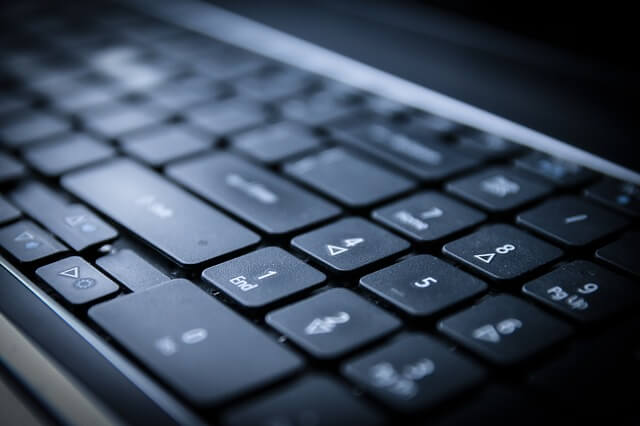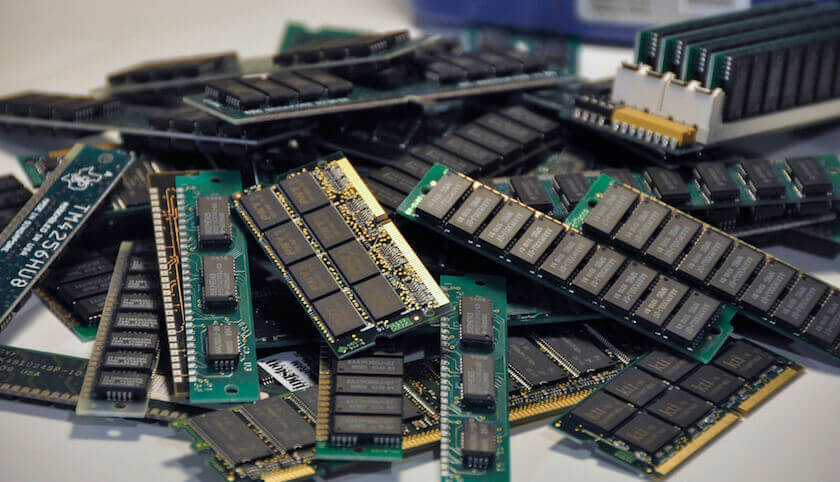We are often worried about the speed of our PC and even try to take some serious measures to maintain and improve the speed, but everything we do mostly ends up useless.
This is because the computer’s speed depends on many factors but not on just one or two factors. One of the greatest myths is that clearing the cache increases computer speed, but now we will see how that’s not something that will increase the speed. We”ll show you how to speed up your PC as well below.
Many people try to increase the speed of their computer, either by freeing up space on the hard drive or by erasing the memory of the computer or by expanding the RAM, etc.
The Differences Between DDR, DDR2 and DDR3 RAM – Explained
This article will help you understand all the difference between DDR, DDR2 and DDR3 RAM modules. Though they all these generations are of the same SDRAM family there are.
Some people think the cached temporary files to be a waste of storage space, and the belief is they collapse memory making your computer to slow down instead.
So these people will greatly support or suggest clearing all the cached data if you ask them the question of how to speed up your PC. But here’s what you should first understand about your computer’s cache.
What Is The Cache?
A cache is a memory designed to increase the speed of your computer. The data stored in the cache are used to reload the applications or websites much faster.
Since the CPU accesses them faster and therefore offers a better response. For example: visiting a web page, it is stored in the cache, so for the next time when you want to access that website it opens pretty faster.
You will find this cache pretty useful when you run several other applications too. When you open an application for the first time, all the information related to it will be stored in the cache.
So from the next time when you open the application, it loads at a super speed. This is because of the physical arrangement of memory units around the CPU, where-in-which the cache memory is closer compared to the main memory (RAM).
If we clean our cache, we are erasing all stored data and therefore we have to save and reload everything again, which makes our computer slower.
When should we delete the cache?
The cache must be deleted in special situations that require it. One such situation is when the files are stored in any program fail or become corrupted, so it requires erasing.
It may also be the case that the cache stores old files, which applies particularly to browsers to visit specific web pages that are updated.
Top 10 Ways To Speed Up Your Computer – Windows 10 Speed Guide
We love experiencing new things, isn’t it? Even in computing, such as having the latest Windows version. But slow PCs can take the life out of any operating system here are
Another reason to clear the cache is concerned with privacy. Since strangers may easily navigate through the sensitive data of a person or the applications using just the cache memory.
But to completely clear the cache it should be overwritten, because if you only delete the cache then the information can be retrieved.
How to delete the cache?
The cache can be cleared easily by using specialized programs such as CCleaner. It has all the functions available to clear the cache in an easy and intuitive way.
You know that deleting the cache will not give you more speed, but in most cases will cause your computer to slow down.
So you will have to delete it only if you have problems with the files saved, or saturated or just for security purposes and not for speed!




